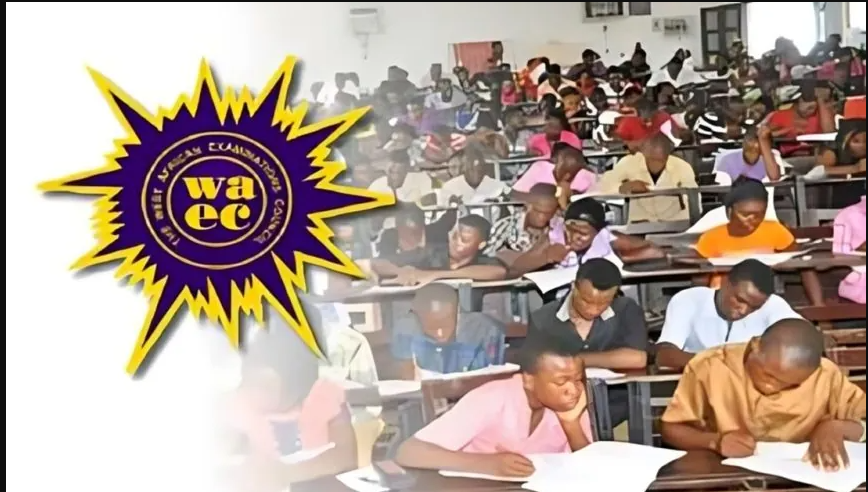The West African Examinations Council (WAEC) has debunked rumours circulating online that claim the results of certain schools have been cancelled following the release of the 2025 West African Senior School Certificate Examination (WASSCE) results.
In a statement posted on its verified X (formerly Twitter) account on Tuesday, August 5, WAEC urged schools, candidates, and the general public to disregard what it described as false and misleading information. The Council clarified that it had not released any official notice listing schools whose results were cancelled and warned against heeding such unofficial communications.
“Kindly ignore any message listing schools whose results were supposedly cancelled. Meanwhile, WAEC will never ask any centre to bring scripts of candidates to the office. Where would they get them from?” the Council said.
The warning comes amid growing tension following the release of the 2025 WASSCE results, which showed a significantly low pass rate and the withholding of over 190,000 results due to suspected examination malpractice. According to WAEC, 192,089 results—representing 9.75% of the total 1,969,313 candidates—are currently under investigation for various offences, including the use of mobile phones and instances of organised cheating during the exams.
Fueling the anxiety was a viral letter dated August 4, 2025, and titled “Urgent Notice to the Following Secondary Schools Regarding Withheld Results.” The document, which named specific schools, falsely claimed that WAEC had directed the principals of these institutions to report to its Lagos Zonal Office within 10 working days. WAEC has since dismissed the letter as fake and cautioned the public to rely only on its official communication channels.
The controversy follows backlash over the conduct of the 2025 English Language Paper 2 exam, which was marred by irregularities. On May 28, WAEC had to postpone the English paper across several states—including Lagos, Ogun, Oyo, Osun, Delta, and Taraba—after a leak of the examination questions. The postponement led to rescheduled sittings later that evening, with some students reportedly writing the exam by torchlight in poorly lit classrooms, due to the late hour.
WAEC acknowledged the disruption, attributing the chaos to a combination of logistical challenges, security threats, and socio-cultural factors. Although the Council justified the replacement of the leaked papers, the incident has sparked widespread criticism from students, parents, and education stakeholders.
Of the nearly two million candidates who sat for the exam, only 754,545—representing 38.32%—obtained credits in five subjects, including English Language and Mathematics, which are key requirements for university admission. The unusually low pass rate has drawn concern across the education sector, with many questioning the overall preparedness of candidates, examination integrity, and the conditions under which the exams were conducted.
As investigations continue into the withheld results, WAEC has reiterated its commitment to transparency, fairness, and due process, urging the public to stay calm and await verified updates through its official platforms.

